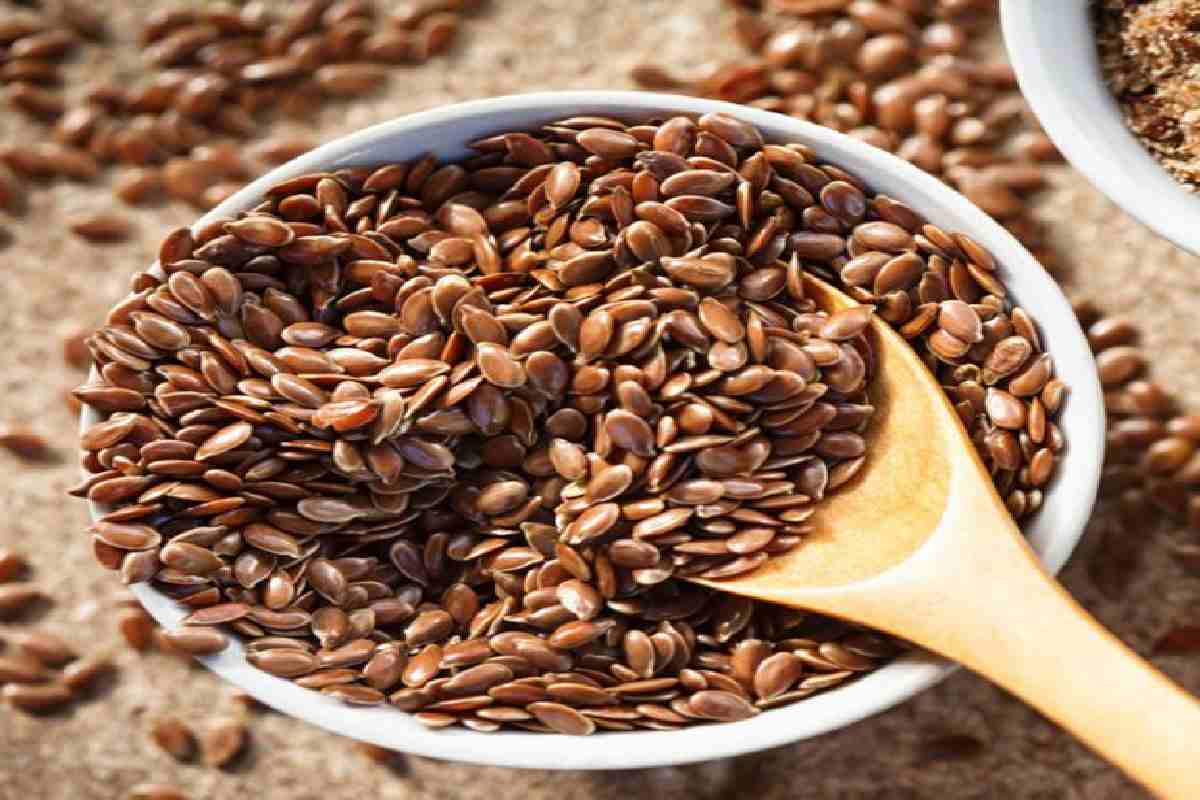Flax seeds are a nutritional product that has a beneficial effect on the body’s operation. How it is helpful and to whom it is contraindicated – in the material of RIA Novosti.
Table of Contents
Homeland and History of Flax Seeds
The territory of the Mediterranean and the Indian and Chinese mountainous sections consideres the birthplace of flax. Meanwhile ancient times, it was used to create fabrics and cooking and used in healing.
For example, Hippocrates recommended a slimy decoction of flaxseeds for digestive problems. The ancient Roman polymath Pliny the Elder recommend for respiratory tract diseases, genitourinary system, women’s ailments, and abscesses.
It is believed that the product came to Russia from Asia in the X-XI centuries. Seed oil use for burns, and suppuration treat with flour.
Today, flax grow even in Russia’s most unfavourable climatic conditions – in the northern regions and arid places. The world leaders in this area are Canada, Kazakhstan, China, India, Russia and the USA.
What are the Benefits of Flax Seeds?
Plant grains contain many valuable substances: iron, sodium, magnesium, zinc, calcium, phosphorus, iron, potassium, B vitamins, vitamins A, E, ascorbic acid. Organized, these components support the normal functioning of many human body systems.
In addition, the product inspires the activity of the gastrointestinal tract, removes toxins from the body, improves overall health, improves immunity, and regulates blood sugar levels. Because of the potassium in the composition, the seeds help preserve the acid-base balance, ensure normal muscle contraction, and transmit nerve impulses. Grains are also a rich source of lignans, reducing cancer risk.
If you fill the product with water overnight, flax seed mucus will appear in the container in the morning. It has an enveloping, anti-inflammatory, soothing, expectorant, laxative, and diuretic effect that helps in the complex treatment of gastritis, enteritis, stomach ulcers.
Can they be harmful?
- It is essential to remember not only what flax seeds are helpful for, but it is also worth knowing after they may contraindicate for use.
- Of course, you should not eat grains if you are allergic to them.
- Flaxseed is also recommend for cholecystitis, pancreatitis, liver failure, gallstones or kidney stones.
- The product has a choleretic effect; consequently, it can cause the movement of stones from the gallbladder.
- In addition, flax seeds can cause flatulence and bloat in some people.
How is it used in medicine?
The product actively used in dietetics because it contains a large fibre. This section gives a feeling of fullness and helps remove toxins from the body.
However, flax seeds also benefit men, as they contain much zinc. This mineral involve in spermatozoa’s maturation and affects the degree of their mobility.
Application in cooking
The benefits of flaxseed discovered after processing since the stomach cannot wholly dissolve its dense shell. In this regard, the product crushed, subjected to heating no higher than 40 degrees, and most often soaked in water. Later, the seeds used in cooking: mixed with honey, added to salads, herbal decoctions, cereals and fruit jelly.
How to use it?
Flax seeds will bring the most significant benefit if consumed in a dosed manner. A day recommend no more than two tablespoons of dry product.
In addition, the seeds should take as a powder. Only in this way they absorb in the body. Otherwise, the product goes “in transit”.


